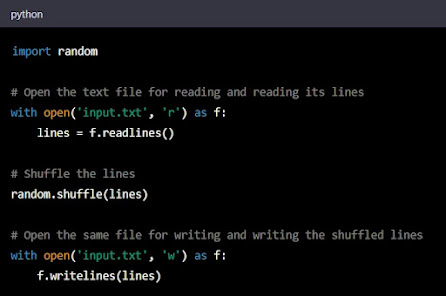What are 3 differences between Java and JavaScript?
The following are three distinctions between Java and JavaScript:
- Purpose & Usage: Java is a general-purpose programming language that may be used for a range of purposes, including generating standalone programmes, large-scale business applications, and Android mobile applications. JavaScript, on the other hand, is largely a client-side scripting language used to create interactive web pages, dynamic user interfaces, and web applications.
- Synatx: Java and JavaScript have quite distinct syntaxes. Because Java is a statically typed language, you must declare the data types of variables before using them. JavaScript, on the other hand, is a dynamically typed language, which means you don't have to specify data types explicitly. Also, curly brackets are used in Java to signify code blocks, whereas semicolons are used in JavaScript.
- Platform Requirements: Because Java is a platform-independent language, it can operate on any platform that has a Java Virtual Machine (JVM) installed. This makes it extremely portable and adaptable. JavaScript, on the other hand, is a language that runs in a web browser and is reliant on the browser environment. As a result, the behaviour and functionalities of JavaScript may change between browsers and devices.


Comments
Post a Comment